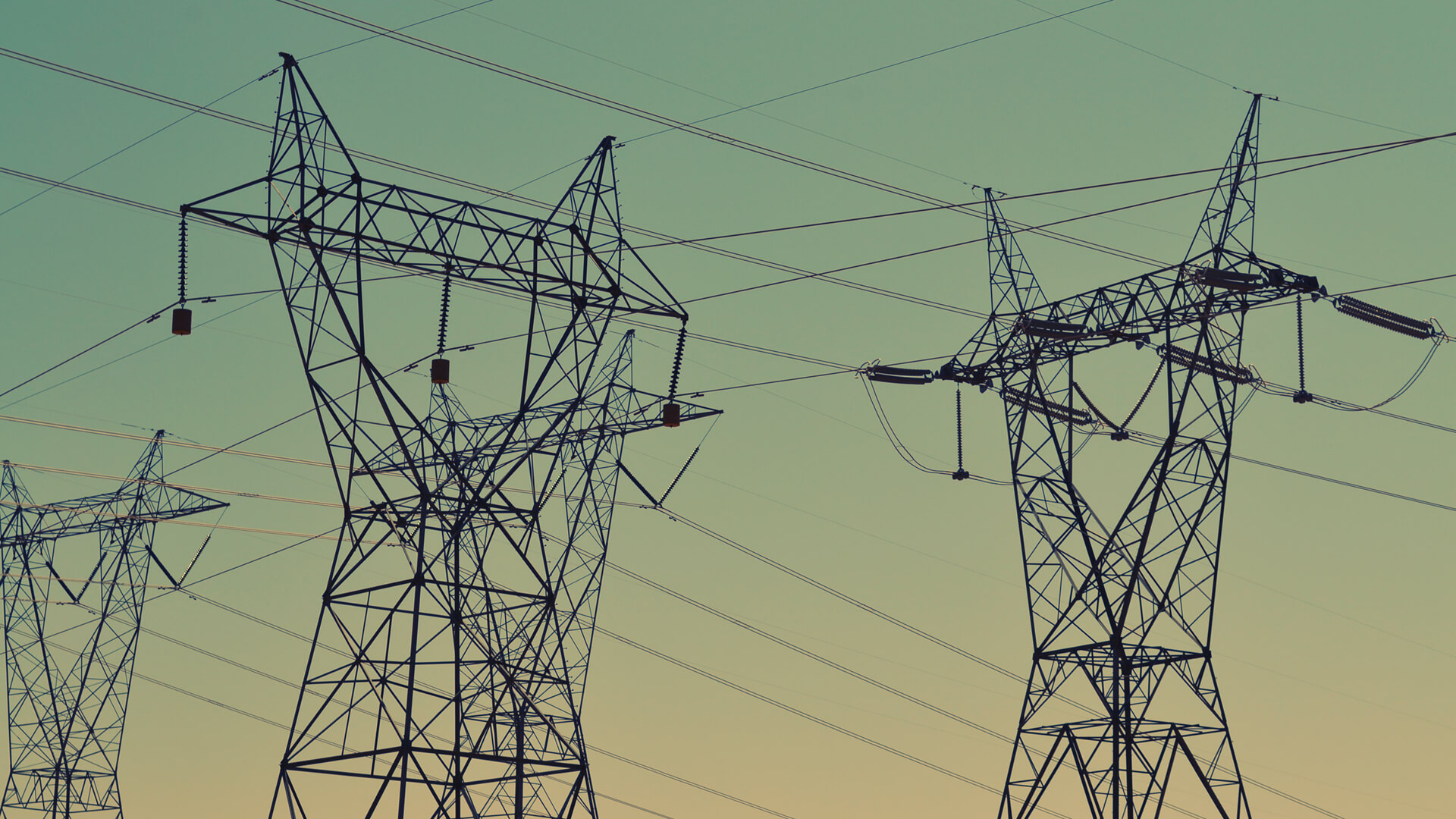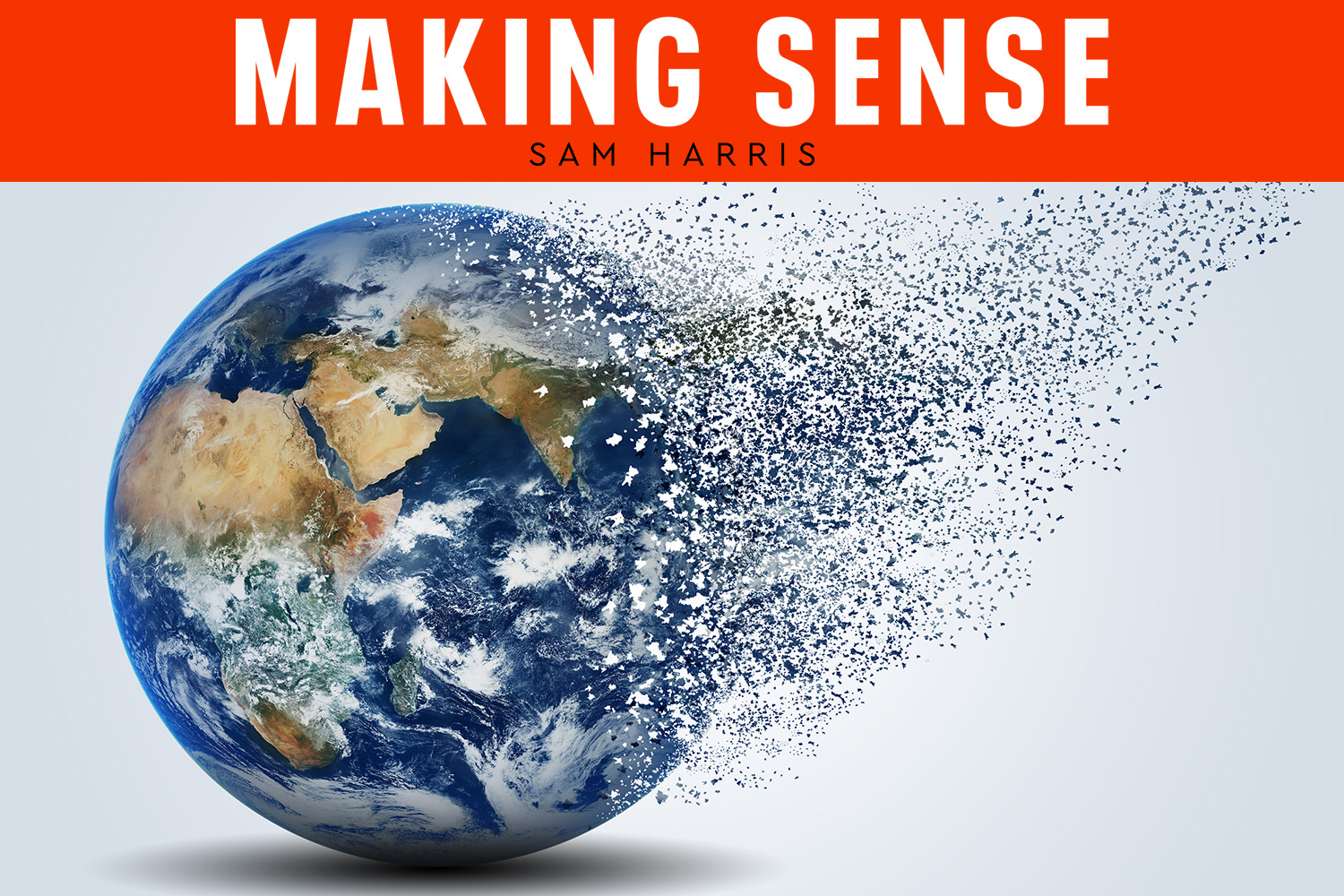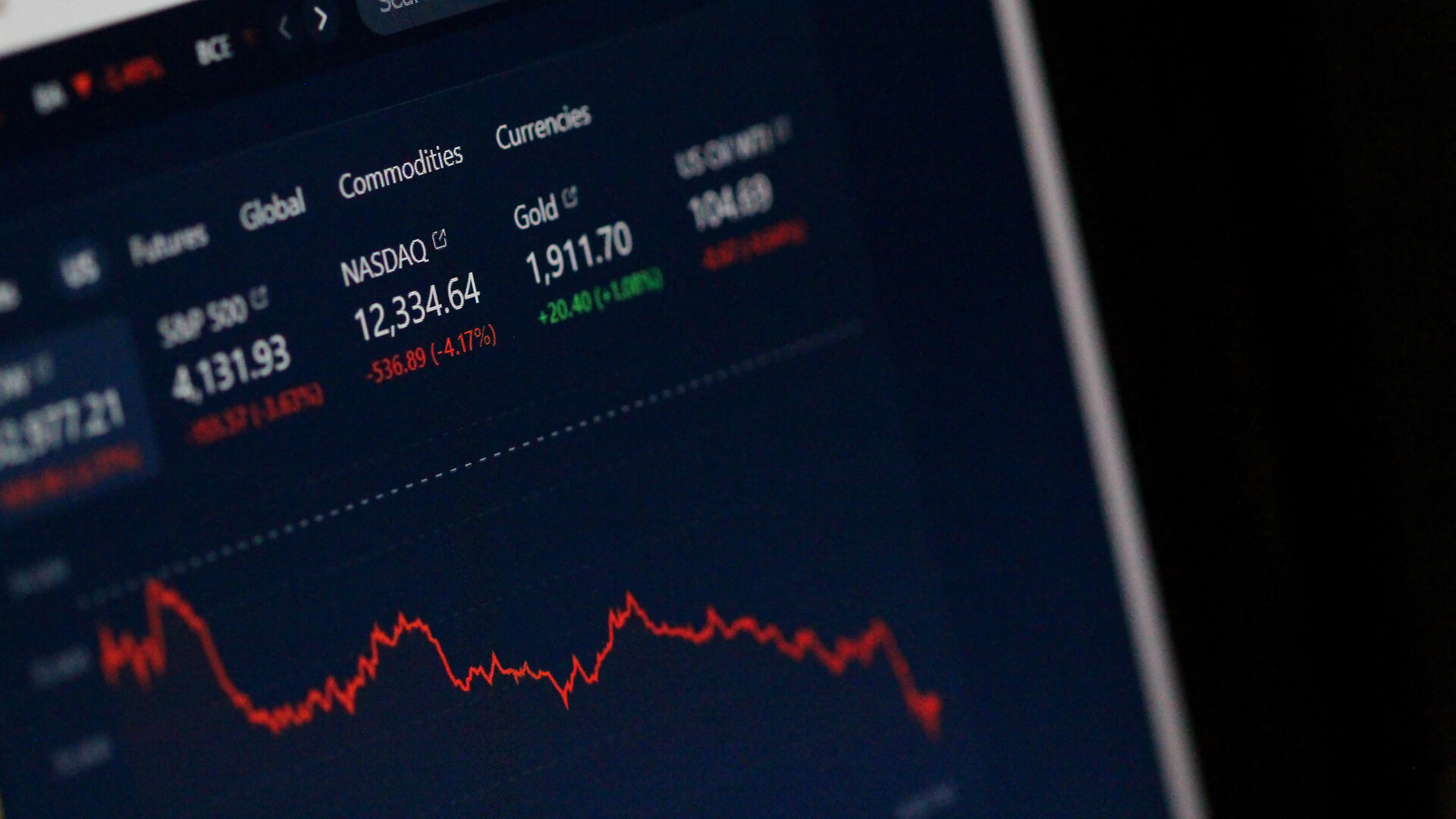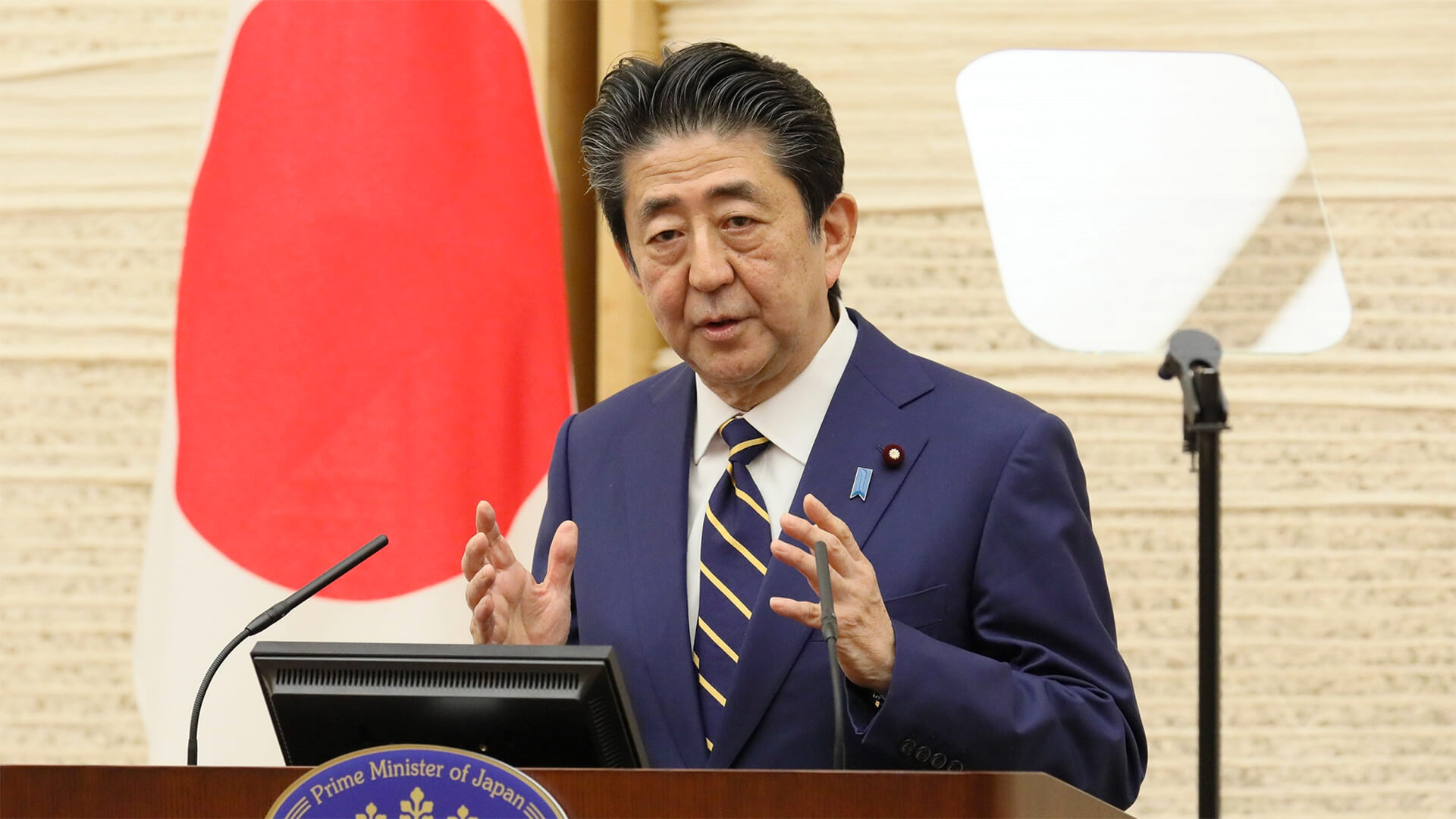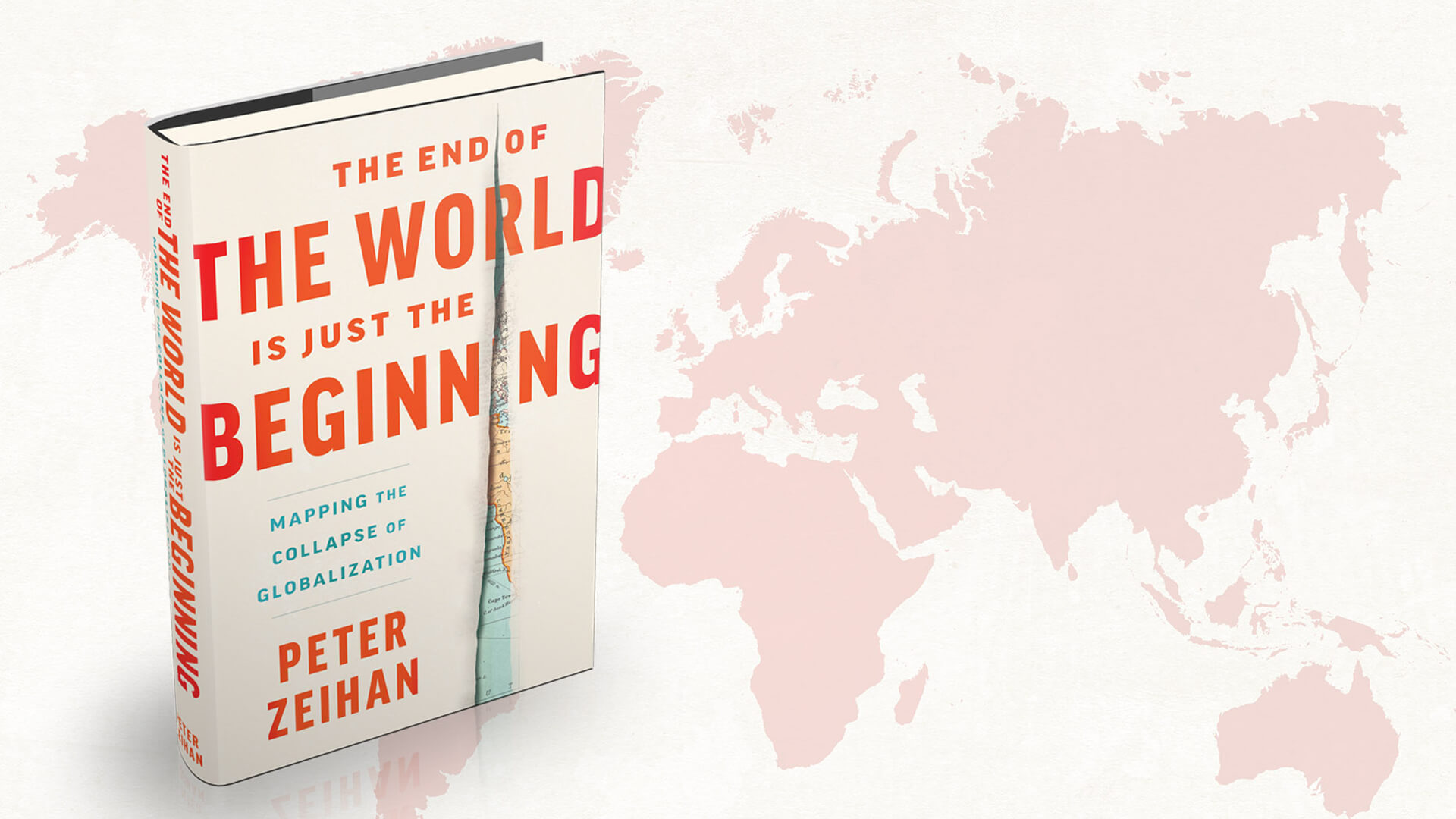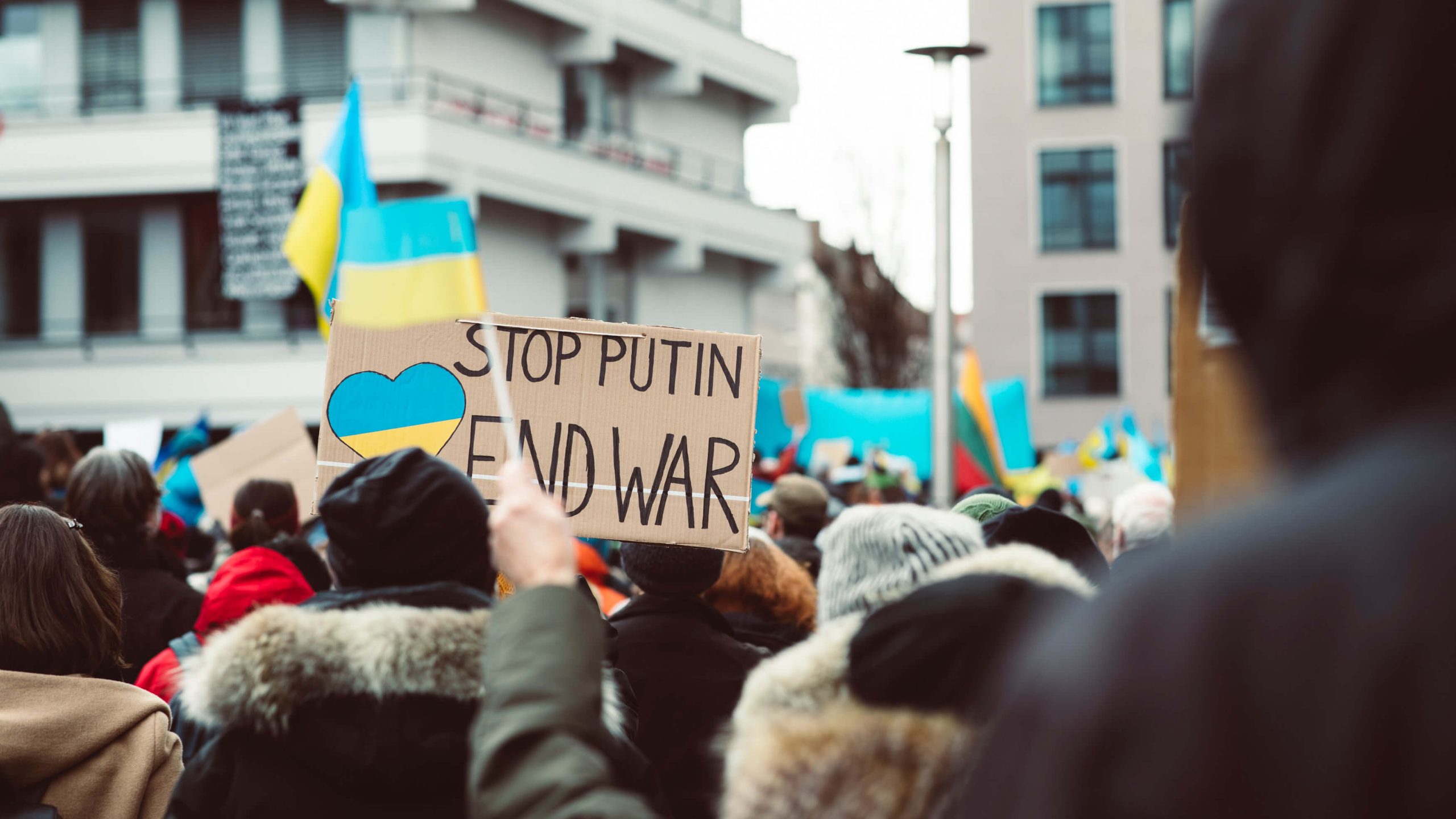Gazprom, the Russian state’s gas monopoly notified its European customers that it was declaring force majeure in its supply contracts going back to June 14, citing “extraordinary circumstances” preventing the delivery of natural gas. It’s easy to guess what the circumstances referenced are–the conflict in Ukraine, sanctions, etc. Is this just Russian brinksmanship? A negotiating chip?
Maybe. Probably not. We shouldn’t forget that Nord Stream 1, the direct gas pipeline between Russia and Germany, is currently undergoing routine maintenance until later this week. There’s still no strong indication that Russian gas supplies will resume in whole or in part, and with today’s declaration Moscow has legal cover to halt energy supplies to the economic heart of Europe. As if legal cover is all Russia needs.
In the links below, we’ve included a series of videos I’ve recorded over the past few months that outline Russia’s strategy, Europe’s rather pitiful few options, and the rather bleak reality that Russia increasingly sees itself not just at war with Ukraine, but in direct conflict with Europe. To expect energy supplies to continue as normal is a fantasy that not even the most optimistic German industrialists can pretend to believe in anymore. The EU–especially Germany–and Russia both saw the increase of energy interconnectivity and pipeline politics (or “diplomacy”) or the past few decades as a game of increasing leverage. The question was always, for whom? Europe always hoped that it could entice Russian good behavior through economic linkages and purchase contracts. We’re likely to see in coming days where the power in this relationship, pun intended, really flows from.
April 30, 2022 – Russia’s Natural Gas Strategy
June 21, 2022 – The Ukraine War, a New Flashpoint, and the End of Europe’s Energy Innocence


